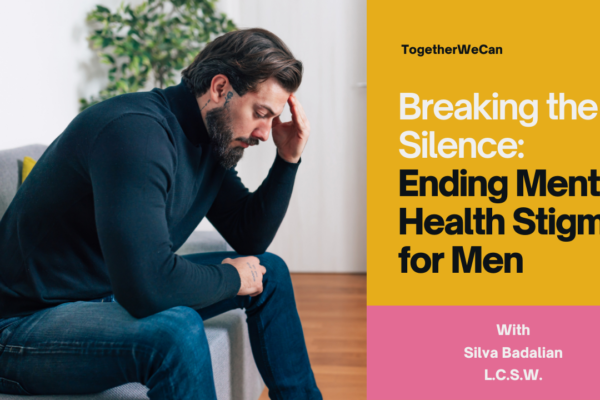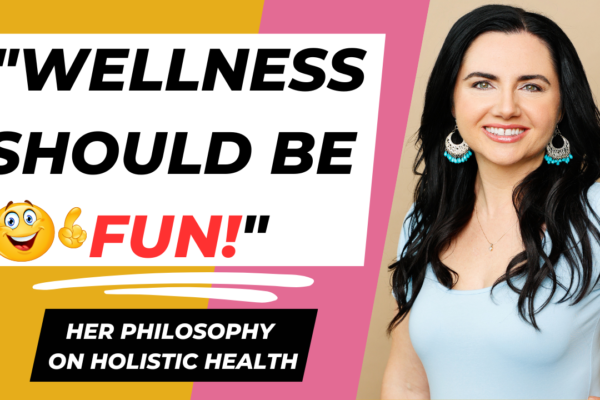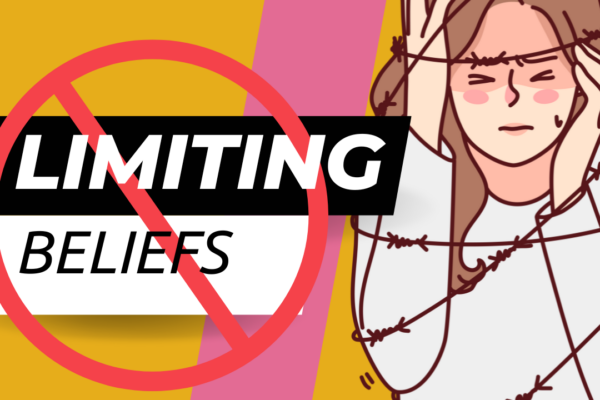Table of Contents
How To Cope With Depression in 12 Proven Steps: Step 5
Before reading on, be sure to review the skills discussed in my previous post, How To Cope With Depression in 12 Proven Steps: Step 4.
In this post, I will cover:
- The second pillar of coping skills for depression, activities in relation to your mood.
- The relationship between activity and your mood
- How depression interferes with engaging in activities
- The importance in identifying previous enjoyable activities
The Relationship Between Activity and Your Mood
How we choose to engage and interact with our environment will have a direct impact on how we feel about ourselves, our world and those we share it with.
When our behavior is more proactive and intentional, we:
- Tend to feel more optimistic.
- Generate more healthy thoughts, and create happy memories that remain long after the event has expired and provides us with better experiences to recall, helping us sustain and elicit happy moods.
- Can distract from our concerns and help ground our emotions.
- Can improve our physical health, which in turn helps us feel better about ourselves and has a direct impact on our mental health.
Depression Can Block Us From Engaging In Proactive Behavior By:
- Sapping our motivation to be proactive.
- Flattening our interest in being active (anhedonia).
- Causing physical fatigue.
- Encouraging negative self-talk that encourages low self-worth.
Other Ways Depression Interrupts Our Flow:
- Social isolation which leads to loneliness and lack of social support.
- Causing us to become hyper-focused on our stressors.
- Causing us to feel guilty for wanting to do things for ourselves.
- Blocking our thought process, making it difficult to come up with ideas for self-care and activities, leaving us feeling stuck and not knowing where to start.
SKILL BUILDING: Fight back by:
- Listing your needs and values. This will make it easier to chose meaningful activities that can create positive outcomes and sustainable habits that you can automate into your lifestyle.
Start By Recalling Activities You Used To Enjoy
When you are depressed, it requires far more energy to postulate activities that you might enjoy and then work out the details about how you might execute them, let alone the anxiety and fear of the unknown.
When you start with what is already familiar, you automatically bridge that gap of the uncertain and allow for quicker action. This is key! The goal here is to get unstuck, to get moving in a direction of action! If you drain your motivation in planning new activities, you will never get out the door. By highlighting the symbiotic relationship between activity and your mood, you will be better equipped to recall effective coping. Furthermore, if you spend all your energy on the minutia and nuances of starting something new, than you will often postpone your planned activity until a “more convenient time.”
The A/B Test
A unique characteristic of depression is its impact on our ability to accurately predict the amount of pleasure a given activity will bring us.
In order to combat this, it is really helpful to rate our anticipated pleasure before an activity, and then our actual level of satisfaction after the activity.
This will allow for a clean way to conduct reality testing and challenge our harmful thoughts that stem from depression, which keep us isolated.
To stay in line with the CBT model we have been following, I suggest a scale of 1-9, with 9 being the happiest.
Make Informed Decisions
Another helpful application of the A/B test is that it provides data points to compare future activities against.
For example, if in a given month you go to a ball game, a movie and the gym, you would have three data points based on your rated pleasure after the activity. After completing all three, you could review the level of satisfaction for each and then make an informed decision about the type activities you want to prioritize for the next month, and you might even decide to join an interest group around that subject (e.g. Meetup.com).
Recap
- How we interact with our environment impacts how we feel about it
- Lack of interest in activities (anhedonia) is a common symptom of depression.
- Choosing to be proactive in our efforts to engage our environment will help to improve our mood, which in turn motivates us to stay in motion (INERTIA).
- There is an intrinsic relationship between activity and your mood.
Practice
- Make a list of activities that you used to enjoy.
- Choose an activity off the list that you will start with.
- Rate you predicted pleasure before the activity and satisfaction after (1-9).
- If you do more than one in the course of a month, rate their outcomes against each other and keep a running list of the most effective activities in improving your mood (HINT: you can also start rating them in level of intensity as a part of your coping skills list).
Looking Ahead
Up next: In my next post on fundamental coping skills for depression, I will be covering:
- How to plan for starting new activities in the face of depression.
Feedback
- What did you find helpful from this post?
- What skills have you learned in this series of posts that find most effective in improving your mood?
- What suggestions would you have for others battling depression when it comes to planning activities?
The Mental Health Toolbox: Resources and Support for Therapists Seeking Growth & Impact.
Mission Statement: To equip therapists with the tools, knowledge, and strategies they need to enhance their practice, boost their income, and ultimately, improve the lives of their clients. We achieve this through accessible, high-quality content, practical resources, and a supportive community.
ASK: If you have a question you’d like me to answer here on the blog (even if you think it’s a silly one!), please use the form on the CONTACT ME page, or the comment section below. I would be happy to take a poke at it and provide a long form answer when appropriate.
SHARE: Also, be sure to share it with a friend, as there is still a lot of work to be done in raising mental health awareness.
SUBSCRIBE to get your FREE MOOD TRACKING TOOL and quick Mental Health Hacks in addition to this newsletter. Sign-up with the form below.
Recommended Reading
Heads up: This article/page does contain affiliate links to products sold on Amazon, which I recommend in the context of this discussion, because they have proved to be helpful to me and/or my clients. As an Amazon Associate I earn from qualifying purchases by way of commission at no additional cost to you.

NEED CRISIS HELP? If you need immediate crisis help with your depression, you can call the National Suicide Prevention Lifeline at 1-800-273-8255 or text “START” to 741-741
OUTSIDE THE UNITED STATES: See International Suicide Hotlines
WHERE TO FIND MENTAL HEALTH HELP:
-NAMI Referral Helpline: 1-800-950-6264
-California’s Statewide Mental Health Helpline: 1-855-845-7415
The fundamental coping skills for depression being covered over the next several posts are derived from an evidenced-based practice of psychotherapy known as Cognitive Behavioral Therapy (CBT), in which I am certified to practice by the Academy of Cognitive Therapy. For those who are not familiar with theoretical models or therapeutic interventions, an evidenced-based practice (EBP), is a term that describes “a best practice”; one that has been tested and researched and shown to be an effective treatment for a specific condition with results that are sustainable (the scientific method). Aaron T. Beck is the father of Cognitive Behavioral Therapy, and the skills discussed in this series of posts are derived from his work (and his cohorts) which are referenced at the end of this article.
References:
Group Cognitive Behavioral Therapy for Depression:-Jeanne Miranda, Ph.D; Stephanie Woo, Ph.D.; Isabel Lagomasino, M.D., M.S.H.S.; Kimberly A. Hepner, Ph.D.; Shelley Wiseman, B.A.; and Ricardo Muñoz, Ph.D. Revised August 2006.
admin
Latest posts by admin (see all)
- How to Build a Referral Engine Without the “Hustle”: - January 12, 2026
- ADHD Tips for Therapists | with Dr. Jennifer Dall - May 28, 2025
- Why Therapy Fails Men (And How to Fix It) – Insights with Marc Azoulay - May 11, 2025










